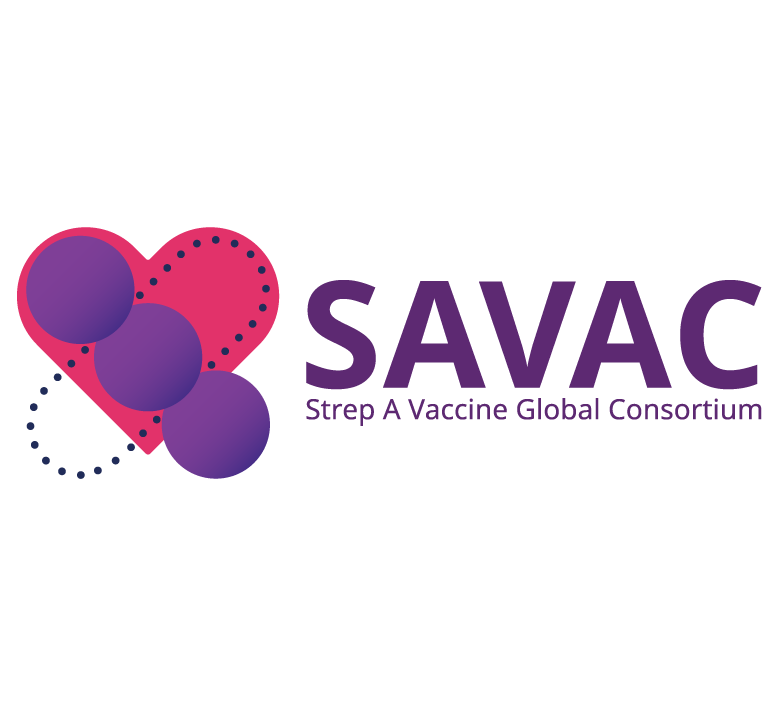Search
Research
Developing a human challenge model of GAS infectionNHMRC funding has been awarded for 4 years to Murdoch Childrens Research Institute for this project, with collaboration from Professor Jonathan Carapetis at The Kids.
Research
END RHD Community Project - Kimberley (Rheumatic Fever Strategy)Kimberley Aboriginal Medical Services, Nirrumbuk Environmental Health and Services and The Kids Research Institute Australia seek to implement and evaluate a community-led project, funded by the Department of Health, to prevent and manage RHD in a selected high-risk Aboriginal community
Research
END RHD Demonstration CommunitiesThe END RHD Communities approach uses community-led, research-backed prevention strategies to tackle Strep A skin and throat infections, acute rheumatic fever and rheumatic heart disease
Research
Improving delivery of secondary prophylaxis for rheumatic heart diseaseContinued progress in controlling RHD requires an understanding of how to improve delivery of regular injections of penicillin - secondary prophylaxis (SP).
Research
Penicillin Levels for Rheumatic Heart Disease Study - WA Urban CohortThis is a 6 month cohort study involving participants at Princess Margaret Hospital prescribed BPG for secondary prophylaxis of RHD.
Research
RHD ActionRHD Action is the name given to the global movement to reduce the burden of rheumatic heart disease (RHD) in vulnerable populations of all ages throughout the world.
Research
Strep A Vaccine Global Consortium (SAVAC) 1.0The Kids Research Institute Australia (Jonathan Carapetis) is a member of the new Global Strep A Vaccine Consortium; a global GAS vaccine consortium that will drive strategic planning to anticipate requirements for licensure, prequalification, and policy recommendations.

Research
Strep A Vaccine Global Consortium (SAVAC) 2.0The mission of SAVAC, the Strep A Vaccine Global Consortium, to ensure that safe, effective and affordable Strep A vaccines are available and implemented to decrease the burden of Strep A disease in the most in need.
Research
Excess Mortality Among People With Rheumatic Heart Disease in AustraliaJonathan Carapetis AM AM MBBS FRACP FAFPHM PhD FAHMS Executive Director; Co-Head, Strep A Translation; Co-Founder of REACH 08 6319 1000 contact@
Research
Modeling the potential health impact of prospective Strep A vaccinesThe World Health Organization published the preferred product characteristics for a Group A Streptococcus (Strep A) vaccine in 2018. Based on these parameters for the age of vaccination, vaccine efficacy, duration of protection from vaccine-derived immunity, and vaccination coverage, we developed a static cohort model to estimate the projected health impact of Strep A vaccination at the global, regional, and national levels and by country-income category.
